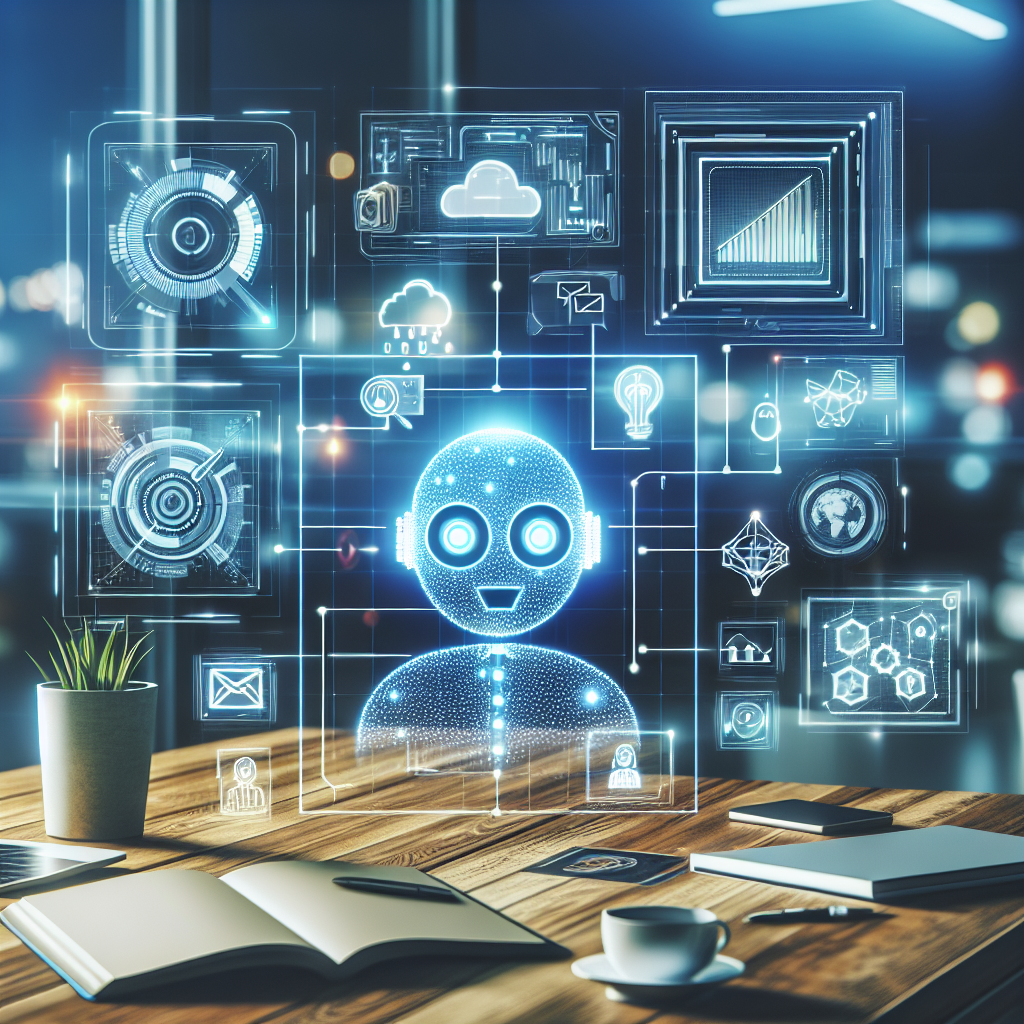In today’s competitive business landscape, providing exceptional customer service is key to retaining customers and building brand loyalty. With the rise of artificial intelligence (AI), businesses are now able to personalize customer service experiences in ways that were not possible before. AI has the ability to analyze vast amounts of data to understand customer preferences and behaviors, allowing businesses to tailor their interactions with customers in a more personalized and effective way.
One of the key ways AI is revolutionizing customer service is through chatbots. Chatbots are AI-powered virtual assistants that can interact with customers in real-time, answering questions, providing information, and even assisting with purchases. These chatbots can be integrated into a company’s website, social media platforms, or messaging apps, providing customers with immediate assistance whenever they need it.
By using AI-powered chatbots, businesses can personalize customer service experiences by providing tailored recommendations based on a customer’s previous interactions and preferences. For example, if a customer has previously purchased a specific product, the chatbot can suggest related products or offer personalized discounts to encourage repeat purchases.
AI can also be used to analyze customer feedback and sentiment to identify areas for improvement in the customer service experience. By analyzing customer interactions with chatbots, emails, and social media, businesses can gain valuable insights into customer preferences, pain points, and satisfaction levels. This data can then be used to make informed decisions about how to improve customer service and enhance the overall customer experience.
Another way AI is personalizing customer service experiences is through predictive analytics. By analyzing historical data and customer behavior patterns, AI can predict future customer needs and preferences, allowing businesses to proactively address customer concerns before they arise. For example, AI-powered systems can predict when a customer is likely to churn and offer targeted incentives to retain their business.
Furthermore, AI can be used to personalize marketing campaigns and promotions by targeting customers with relevant offers based on their past purchases and browsing history. By delivering personalized messages and offers, businesses can increase customer engagement and drive sales.
In addition to enhancing customer service experiences, AI can also improve operational efficiency for businesses. By automating routine customer service tasks, such as answering frequently asked questions or processing returns, businesses can free up their human agents to focus on more complex issues and provide a higher level of personalized service to customers.
However, while AI has the potential to revolutionize customer service, there are also challenges and concerns that businesses need to be aware of. One of the main concerns is the potential for AI to make mistakes or misinterpret customer requests, leading to frustration and dissatisfaction. Businesses need to ensure that their AI systems are properly trained and regularly updated to avoid these issues.
Furthermore, there are concerns about the impact of AI on human jobs. As AI becomes more advanced and capable of handling complex customer service tasks, there is a risk that human agents may be replaced by machines. Businesses need to strike a balance between using AI to enhance customer service and ensuring that human agents are still available to provide a personal touch when needed.
In conclusion, AI is playing an increasingly important role in personalizing customer service experiences for businesses. By leveraging AI-powered chatbots, predictive analytics, and personalized marketing campaigns, businesses can tailor their interactions with customers in a more personalized and effective way. While there are challenges and concerns associated with AI, businesses that embrace this technology stand to benefit from improved customer satisfaction, increased sales, and enhanced operational efficiency.
FAQs:
Q: How can AI personalize customer service experiences?
A: AI can personalize customer service experiences by analyzing customer data to understand preferences and behaviors, providing tailored recommendations, predicting future needs, and targeting customers with relevant offers.
Q: What are the benefits of using AI for customer service?
A: The benefits of using AI for customer service include improved customer satisfaction, increased sales, enhanced operational efficiency, and personalized interactions with customers.
Q: What are some concerns associated with AI in customer service?
A: Some concerns associated with AI in customer service include the potential for mistakes or misinterpretation of customer requests, the impact on human jobs, and the need to ensure that AI systems are properly trained and updated.
Q: How can businesses ensure that their AI systems are effective?
A: Businesses can ensure that their AI systems are effective by regularly updating and training their systems, monitoring customer interactions for issues, and providing human agents as a backup for more complex issues.

